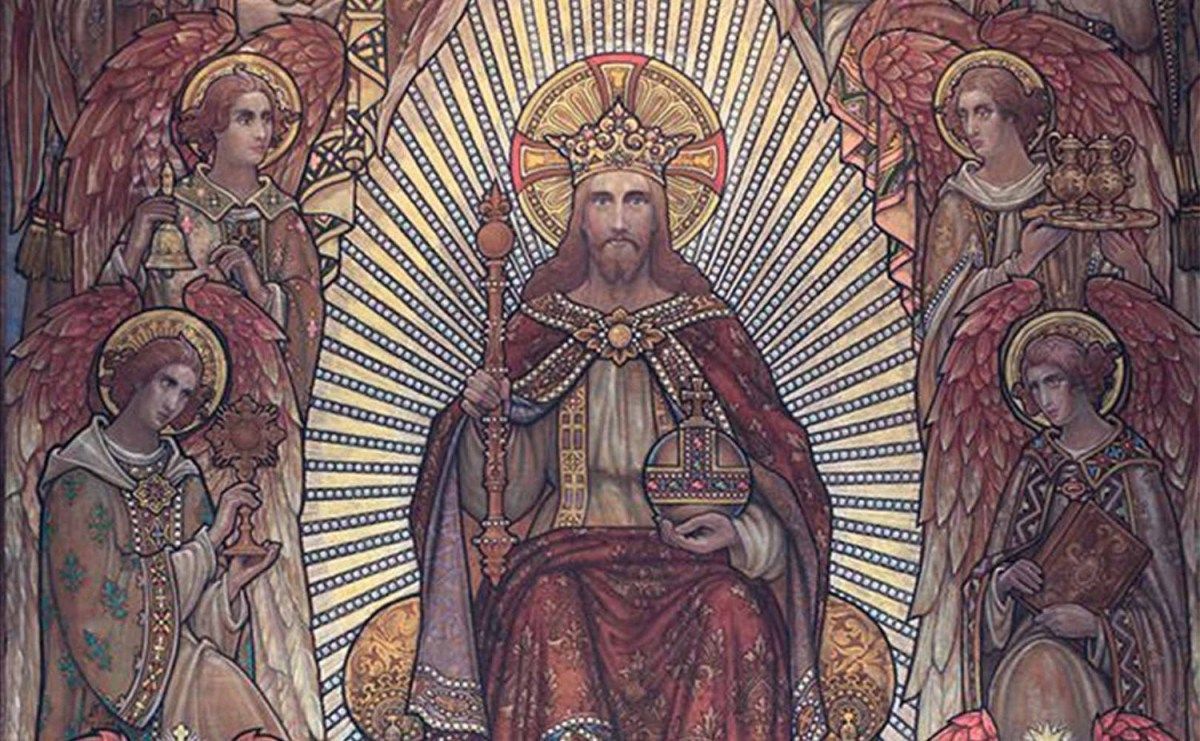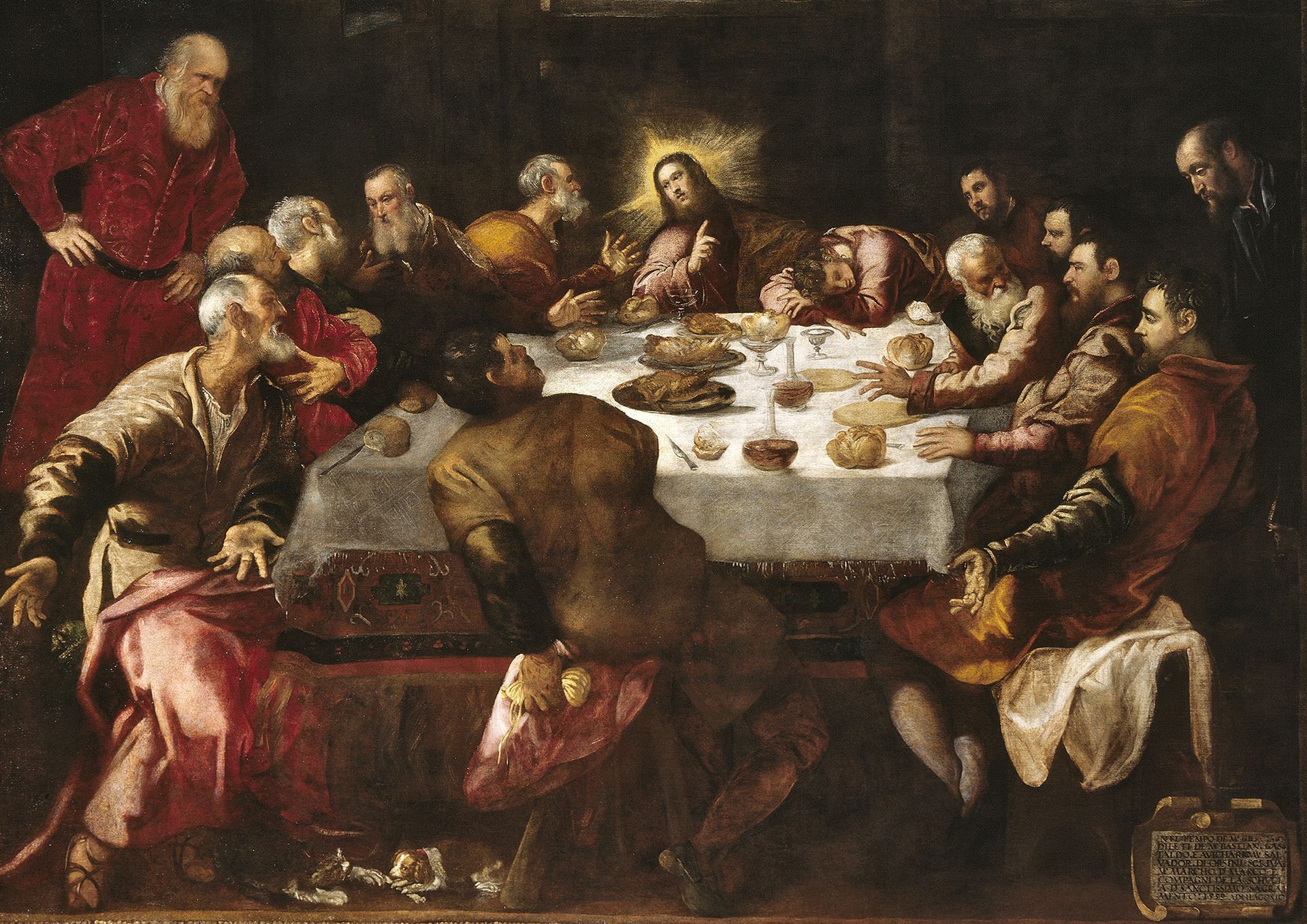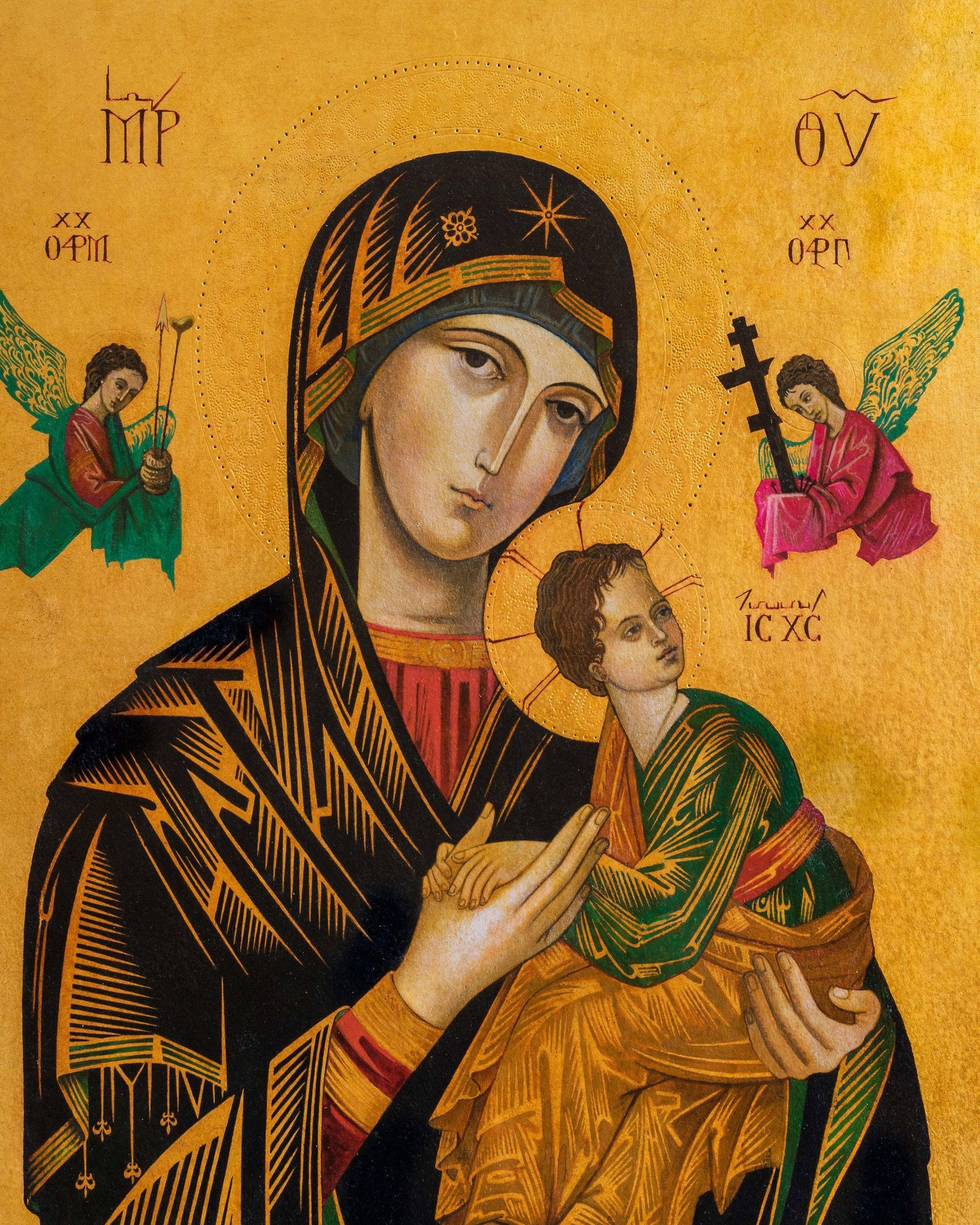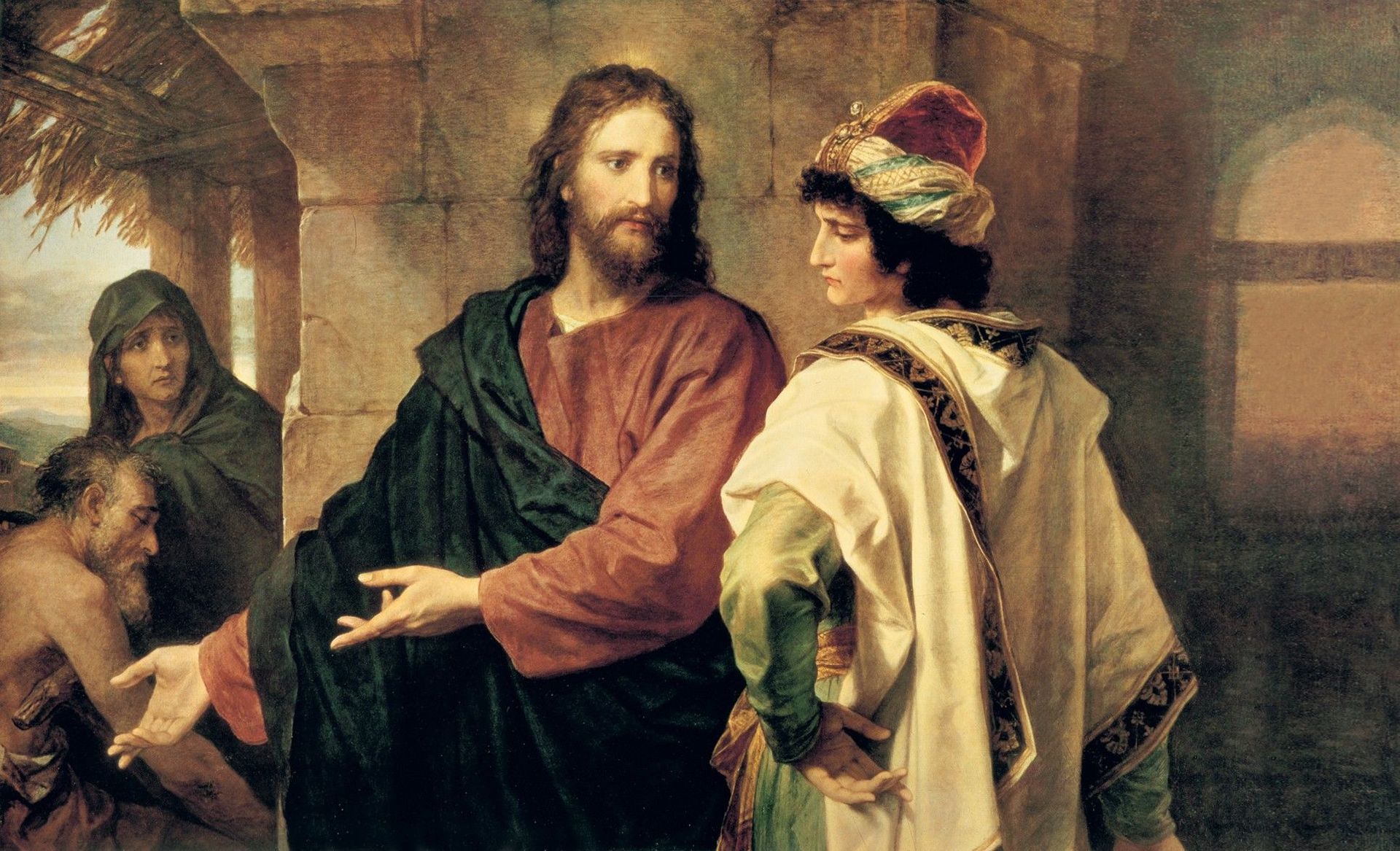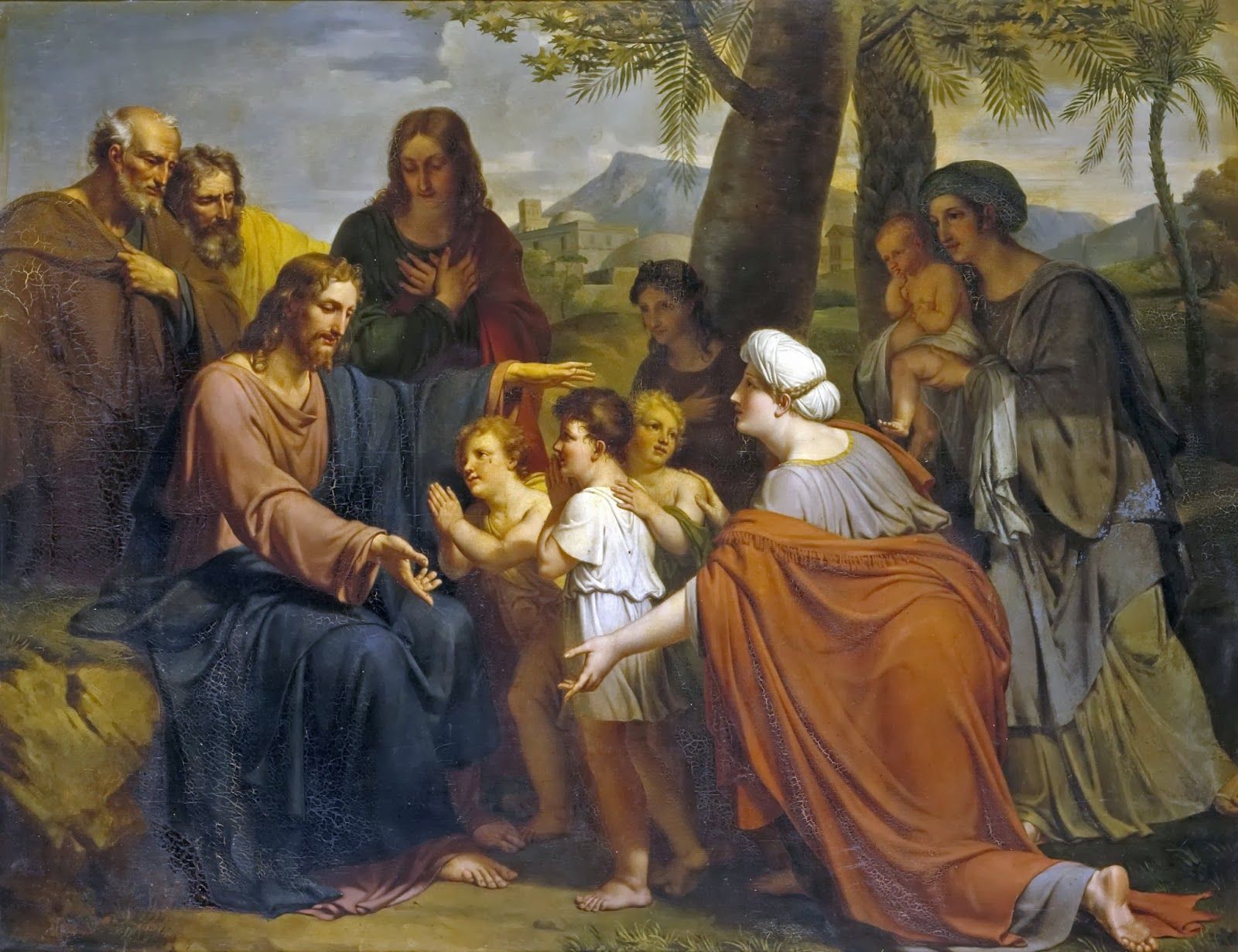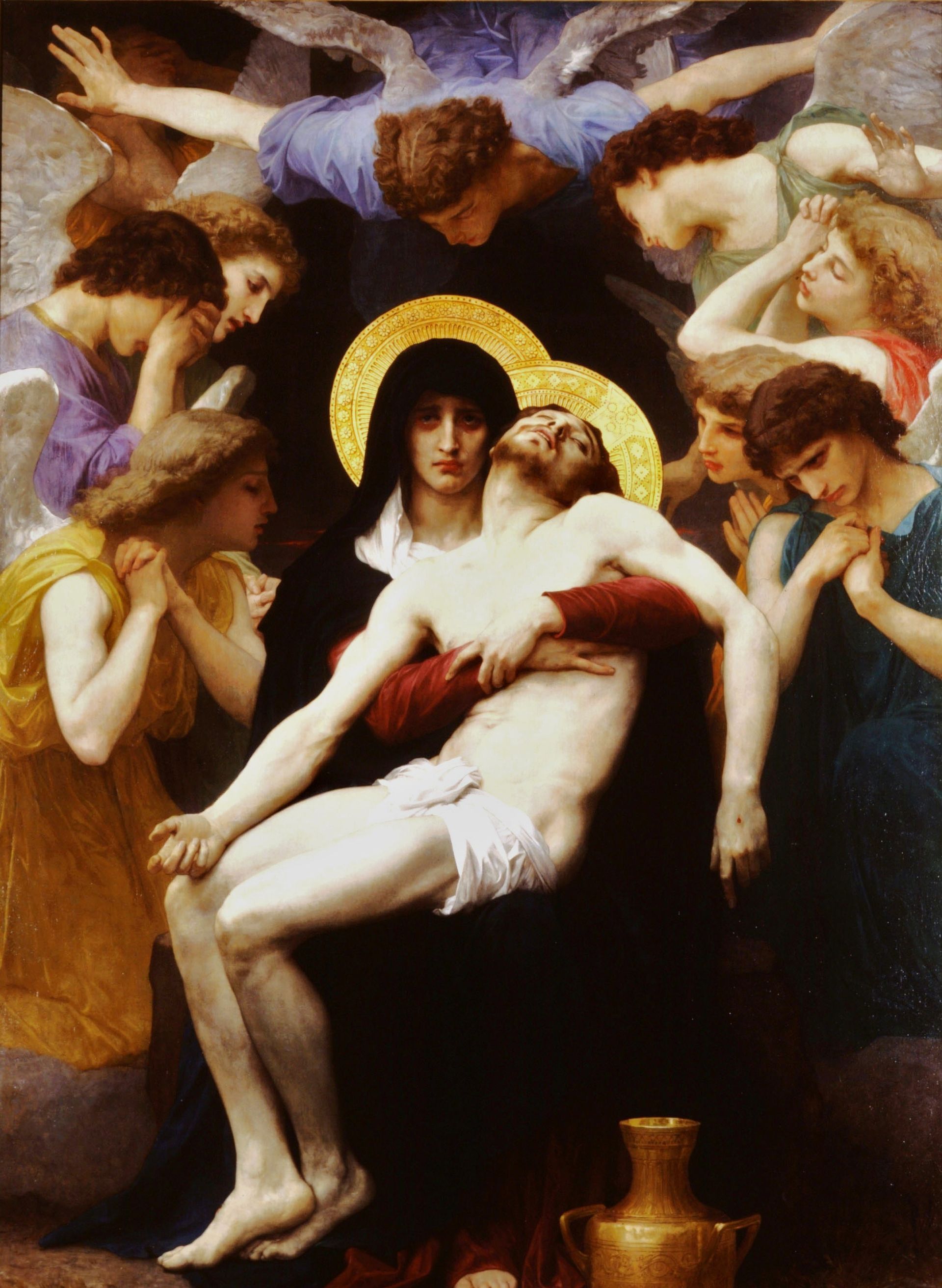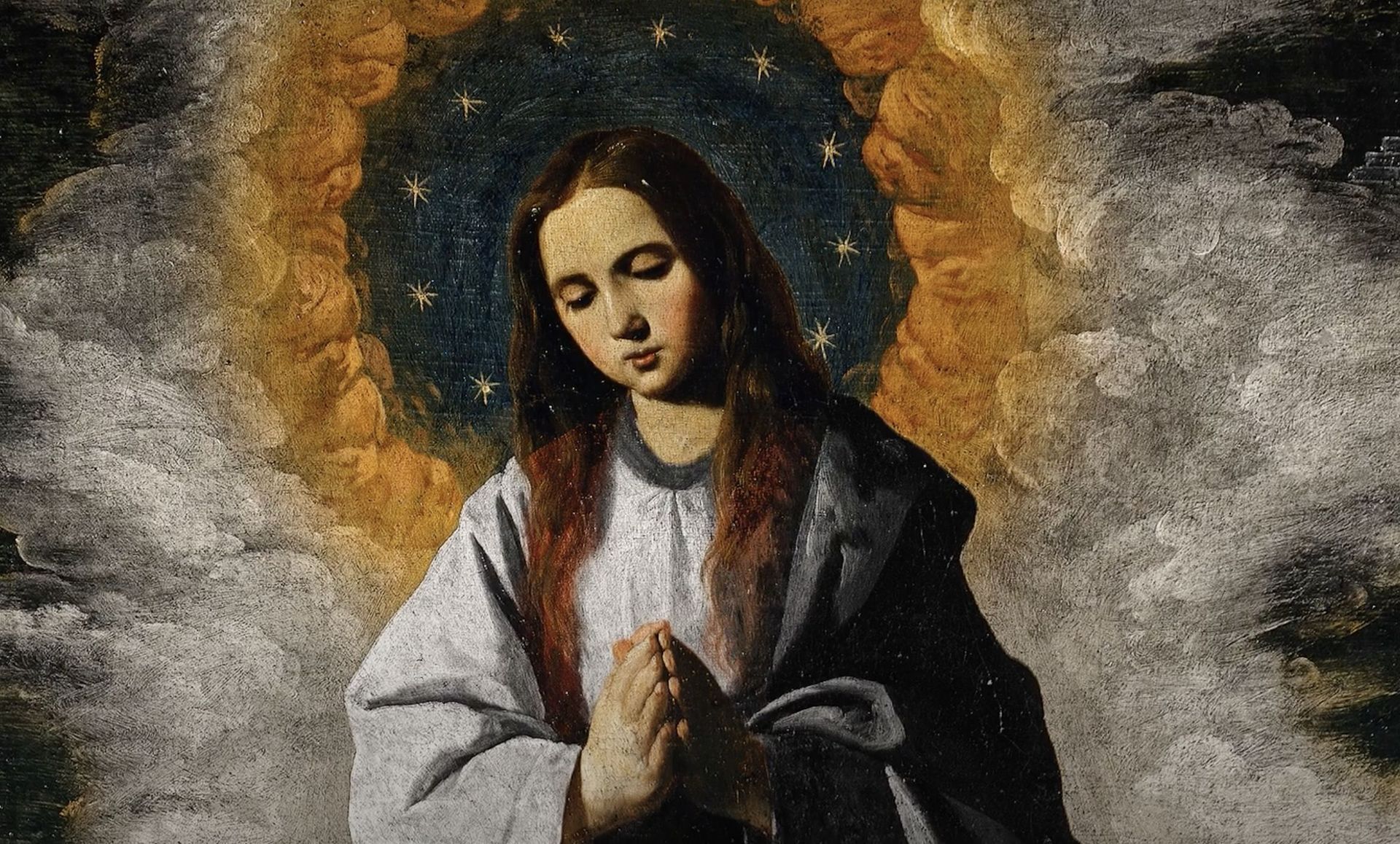6th Sunday of Easter 2024
Commentary on John, Treatise 65
The Lord Jesus says that he gives his disciples a new commandment: love one another. yet was this commandment not already part of the Old Law: “You shall love your neighbor as yourself”? Why, then, does the Lord call it new when it is clearly old? It is new because we have put off our old self and put on a new self? Yes, for the one who hears, or rather the one who heeds, is made new, not by every love indeed, but by the love which the Lord distinguishes from fleshly love by adding: “as I have loved you.”
This love makes us new people--heirs of the new covenant and singers of a new song. This love, dear brothers and sisters, renewed the righteous ones, the patriarchs, and the prophets of old, as it later did the Apostles. It now renews the nations, and out of the world-wide human race it gathers and forms a new people, the Body of the new Spouse of God’s Son; of her the Song of Songs says: “Who is this that comes robed in white?” Robed in white, because renewed; how renewed, except by the new commandment?
For this reason the members of the Body are solicitous for one another. If one suffers, all suffer together; if one is glorified, all rejoice. Folr they hear and heed the words: “I give you a new commandment, to love one another”--not as sinful lovers do, nor as people do because they are human, but as thosed do who are gods and children of the Most High, brothers and sisters to the one Son, loving each other as he loves them. He will bring them all to the fulfillment of their desires, for nothing shall be lacking where God is all in all.
He bestows this love upon us: “As I have loved you, so may you love one another.” He loves us that we may love one another; by loving us he unites us all in love. Sweet indeed are the bonds that bring us together as members of so glorious a Head.




